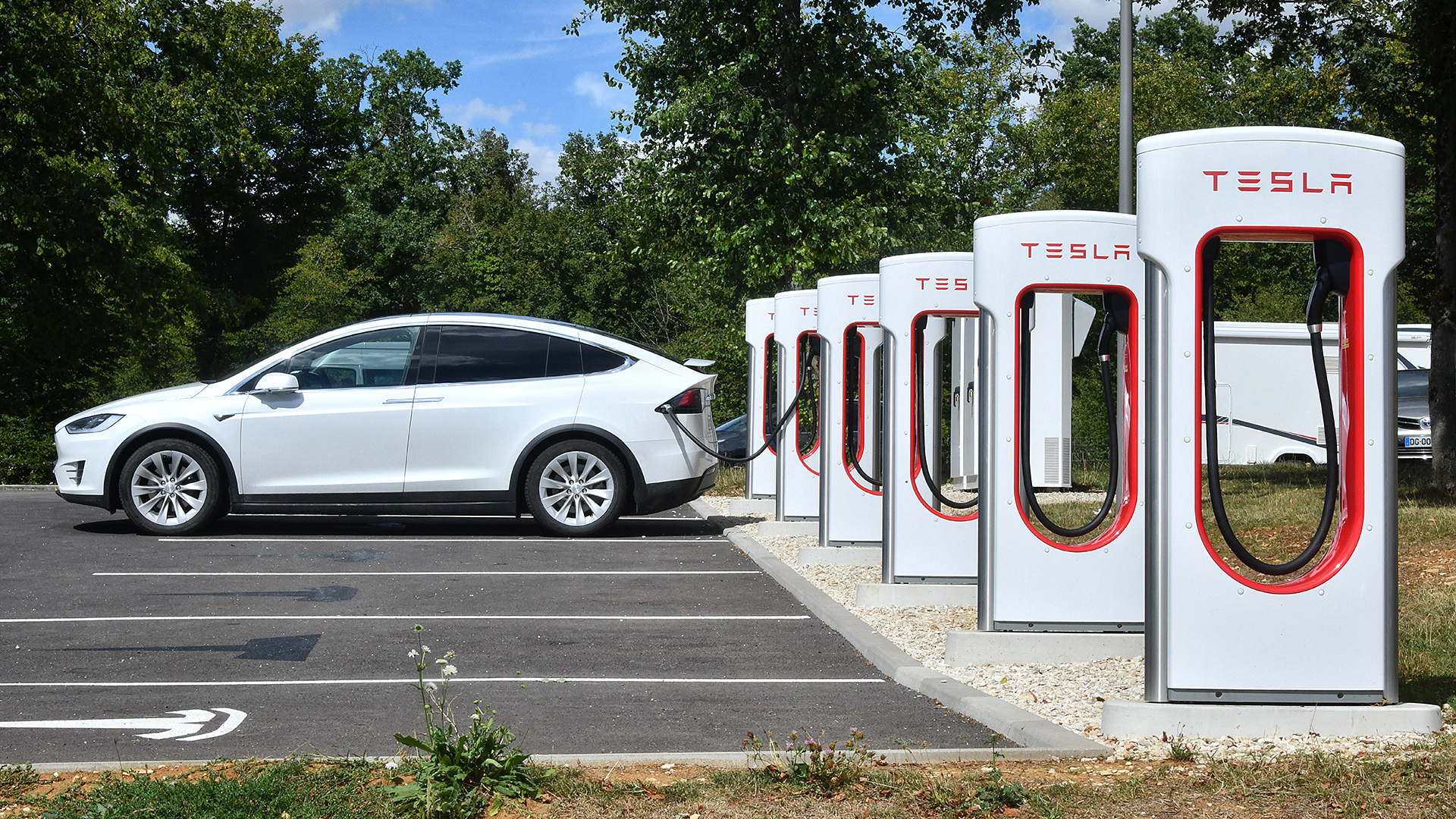

Federal tax credits for electric vehicles are drying up. As more manufacturers hit the credit phase-out point of 200,000 EV sales, purchases slow and consumer confidence in electrification wanes. But a rare act of camaraderie in Congress has introduced bipartisan legislation to raise the cap, enhance consumer’s access to tax credits, and ideally keep electric vehicle sales on the up.
Introduced by a quadrangle of Democratic and Republican senators, the “Driving America Forward Act” extends the prior $7,500 tax credit that incentivized those EV purchases. The legislation was written to phase out that credit once a manufacturer reached 200,000 EV sales, and both Chevrolet and Tesla have already hit the quota.
The new bill would raise the cap to 600,000 sales with a slight tweak to the incentives. Consumers would still be eligible for the $7,500 credit through the first 200,000 EVs sold by a manufacturer, but the deduction would decrease to $7,000 for the following 400,000. After a manufacturer hits 600,000 EV sales, the proposed bill would follow current legislation and phase the credit out entirely over the calendar year. The same provisions also extend to hydrogen fuel-cell tax incentives through 2028.
Republican Senators Susan Collins and Lamar Alexander, as well as Democratic Senators Gary Peters and Debbie Stabenow are the forces behind the legislation, along with Representative Dan Kildee (D). Aside from the bipartisan sponsorship, the “Driving America Forward Act” is also being supported by many automakers, including Toyota, Fiat Chrysler, BMW, Ford, Tesla, General Motors, Honda, Volkswagen, and startup Rivian.
“At a time when climate change is having a real effect on Michigan, today’s legislation is something we can do now to reduce emissions and combat carbon pollution. Our bill will help create American jobs and cement Michigan’s status as an advanced manufacturing hub,” Senator Stabenow (D-MI) said.
Despite fairly widespread support, legislators have been hesitant to renew prior EV incentive legislation in recent years. In fact, the current proposed federal budget eliminates the incentive completely, giving the “Driving America Forward Act” a steep hill to climb. But the bill’s sponsors are still hopeful.
“I’m glad to cosponsor this important legislation, which will encourage even more production of electric vehicles, create good jobs and boost the economy,” Senator Alexander (R-TN) said.